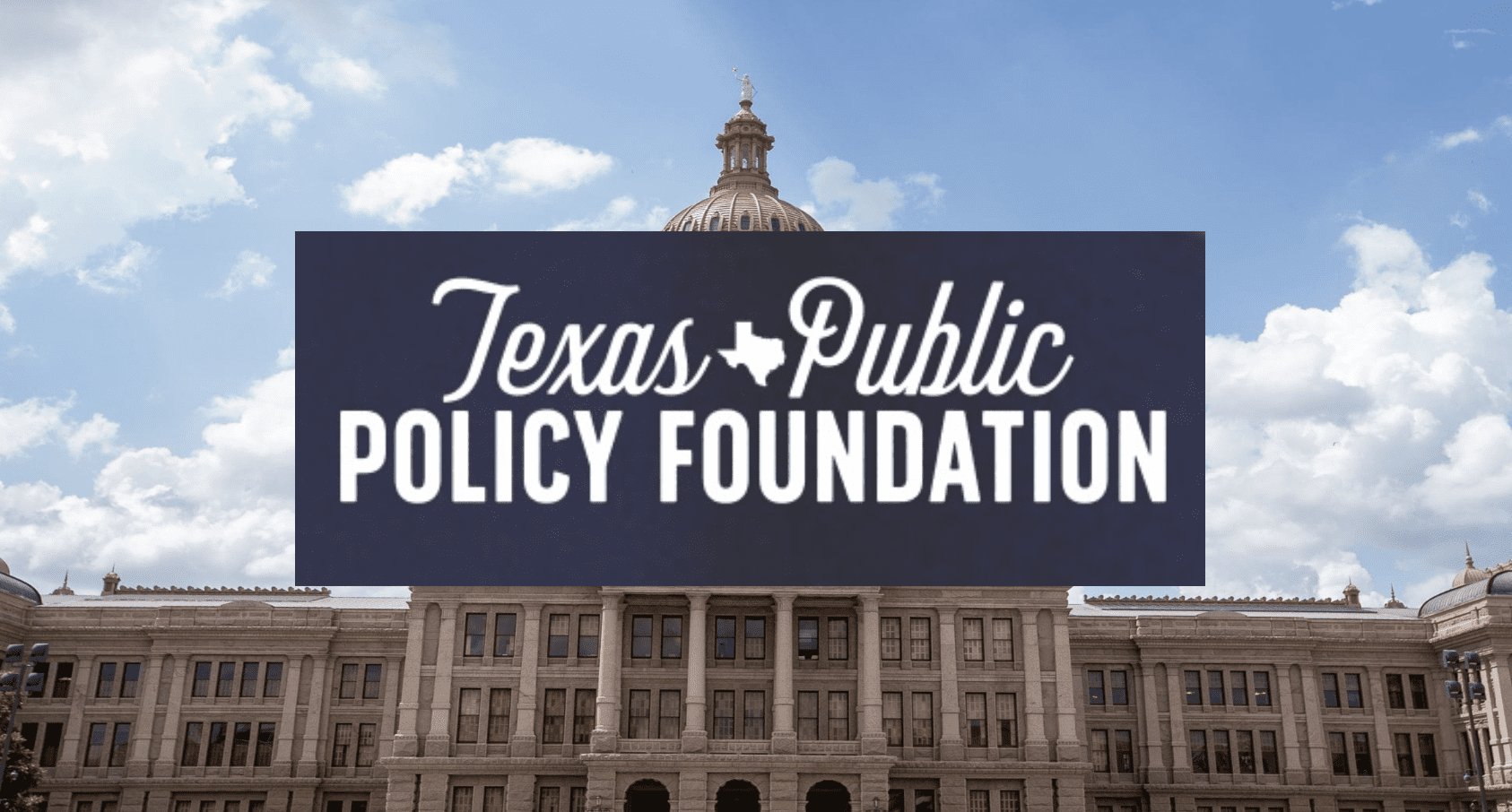Are the City of McKinney’s budget priorities aligned with city taxpayers’ priorities?
Residents turned out Tuesday night to find out as they got a first look at the city’s proposed budget and tax rate at a forum hosted by McKinney Tea Party.
District 4 Council Member Chuck Branch gave an overview of McKinney’s proposed budget for FY2019, based on a presentation from city council’s budget work session held August 10.
McKinney’s general fund expenditures and revenues for the year are budgeted at $149.1 million, an increase of $11.8 million or 8.6 percent over last year’s budget.
Nearly half the city’s proposed spending ($68.7 million) is for public safety (police and fire). Another 28 percent is allocated for general government ($29.9 million) and development services ($11.9 million). Parks and libraries account for 9 percent ($13.5 million) and public works for 8.2 percent ($12.2 million). Transfers make up the balance.
Expenditure “highlights” include $7.8 million for new employees and equipment, $2.5 million for pay increases, and $2.5 million in street construction and repair.
The city also plans to spend $35 million on debt service and $95 million on capital improvements, which are funded separately. In addition to the general fund and general obligation debt service fund, the city maintains dozens of other accounts dedicated to specific projects and expenditures.
Branch said he expects the city to propose a $200 million bond in the next couple of years.
So, do the city’s spending priorities match what McKinney taxpayers care about?
“What people care about is the effective tax rate,” one McKinney resident told Branch Tuesday night. “What am I going to have to pay, and where am I going to take money from to pay it?”
The city’s proposed property tax rate to pay for the spending (along with sales tax and fee revenues), is $0.525 per $100 of taxable assessed value — 3.7 percent above the effective tax rate of $0.506. (The city’s presentation puts the number at 2.94 percent over the effective rate, adjusting for inflation.) About $0.36 is allocated for maintenance and operations (M&O) and $0.16 for debt service or interest and sinking (I&S).
If adopted, the new tax rate will raise the average homeowner’s tax bill by 2.5 percent, from $1,753 to $1,797. The average home value rose from $324,636 to $342,263 – a 5.4 percent increase. McKinney’s total property tax base increased 11 percent to $21.66 billion in assessed value, up from $19.45 billion; 74 percent is residential and multi-family.
Total property tax revenue for FY2019 is projected at $78.5 million, up more than six percent from last year. About $5 million of that revenue will come from the city’s growth — new property added to the tax roll this year, which isn’t included in the effective tax rate calculation. Sales tax revenue is estimated at $26.8 million, up 4.4 percent. Franchise fees, licenses and permits, and charges and fines bring in most of the city’s remaining general fund revenue.
Branch said City Manager Paul Grimes conducted a “Virtual Town Hall” online survey asking McKinney residents how they thought the city should spend taxpayers’ money. Branch told Texas Scorecard the budget survey was open from April 16 through June 8, but only 271 of McKinney’s 180,000 residents participated.
Based on responses from that tiny fraction of city residents, the survey results showed citizens’ highest priorities for allocation of city funds as the city’s “airport” and “development services,” and their lowest priorities as “public safety” and “streets and traffic control.”
Branch, who has served on city council for three years and was elected in June to the State Republican Executive Committee for Senate District 8, encouraged citizens to provide feedback at city council’s upcoming public hearings:
August 21 – First Tax Rate Hearing
September 4 – Second Tax Rate Hearing, First Budget Hearing
September 17 – Second Budget Hearing
Council members will vote to adopt a final budget and tax rate on September 17.
McKinney City Council meeting dates, agendas, and video can be accessed at https://mckinney.legistar.com/Calendar.aspx.







